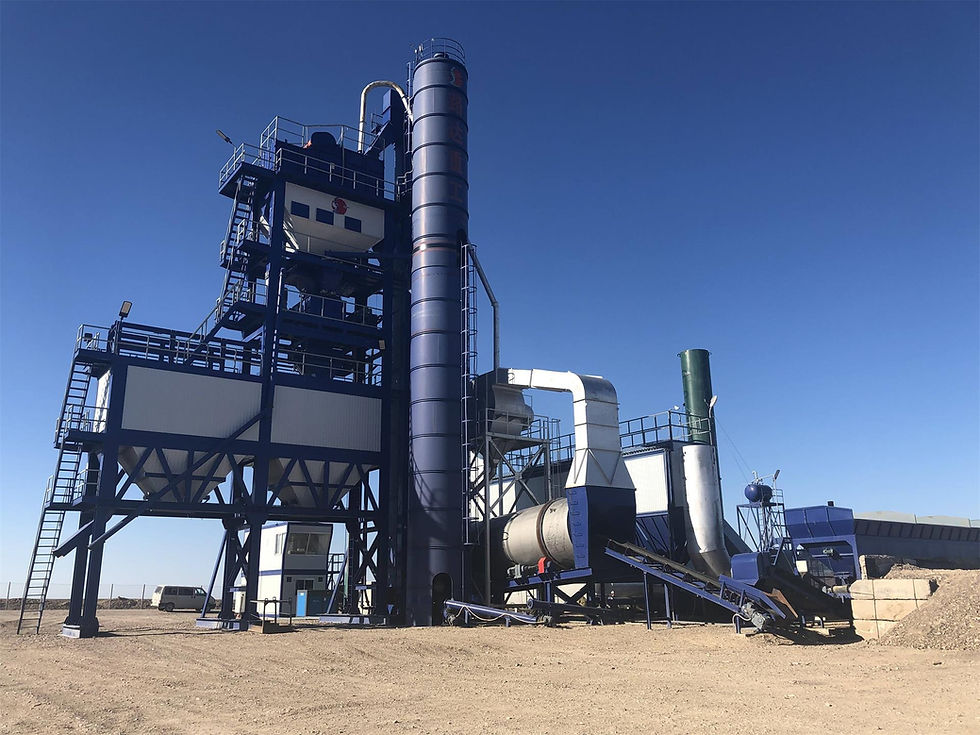Using Polyester Fiber for Crack-Free Airport Taxiways
- pioneerfiber

- Jul 30, 2025
- 2 min read
Updated: Jan 15
Information Tags
• Type: 4-minute read
• Audience: Construction professionals, engineers, architects, contractors
Need technical support or material recommendations?
Email us at solutions@pioneerfibre.com or WhatsApp +1 (949) 317-7180.
Introduction
Airport taxiways are subject to frequent heavy loading and environmental stress, making crack resistance a top priority. Polyester fibers, known for their high tensile strength and thermal resistance, are increasingly adopted in asphalt mixtures for airport infrastructure. This article explores how polyester fibers help build crack-free, durable airport taxiways that meet modern aviation demands.

Find the perfect solution for your concrete project. [Explore solutions]
Why Polyester Fiber Is Suitable for Airport Pavements
Polyester fibers provide reinforcement by forming a three-dimensional mesh within asphalt, preventing the initiation and propagation of cracks. Their strong resistance to thermal shrinkage and mechanical fatigue makes them ideal for taxiways where aircraft wheel loads concentrate during taxiing and turning.
Performance Advantages in Crack Mitigation
Cracking in taxiways often stems from load-induced fatigue and thermal movement. Polyester fibers absorb and distribute stress, reducing reflective and fatigue cracks. Studies show a 40% improvement in crack resistance compared to traditional asphalt mixtures, enhancing long-term pavement performance.

See how we’ve helped projects around the world succeed. [View projects]
Field Applications at Major Airports
Airports in Asia and Europe have incorporated polyester fibers into taxiway asphalt, reporting extended pavement life and reduced maintenance. At one major international hub, polyester-reinforced sections remained crack-free for over five years under high aircraft traffic, surpassing performance expectations.
Optimal Dosage and Installation Techniques
For airport-grade asphalt, polyester fiber is typically added at 0.3–0.4 kg per ton of asphalt mix. Uniform dispersion is critical and can be achieved using fiber feeding systems in batch or drum mix plants. Adequate mixing time and temperature control ensure consistent performance.
Long-Term Benefits for Airport Operations
Crack-free taxiways reduce maintenance-related delays and enhance operational safety. Polyester fiber reinforcement ensures pavement longevity, lower lifecycle costs, and improved load-bearing capacity—key for growing global aviation demand and larger aircraft fleets.
Conclusion
Polyester fiber-reinforced asphalt is proving invaluable for airport taxiway construction. Its ability to reduce cracking, improve flexibility, and extend pavement life supports more efficient and reliable airport infrastructure.
Explore PIONEER’s range of concrete reinforcement fibers and how they improve concrete properties. Visit our website: www.pioneerfibre.com
Micro fiber >> Learn More
Macro fiber >> Learn More
Steel fiber >> Learn More
Asphalt fiber >> Learn More
Looking for a tailored fiber or concrete reinforcement solution?
📧 Email: solutions@pioneerfibre.com
📱 WhatsApp: +1 (949) 317-7180
Our technical team supports mix design optimization, material selection,
and project-specific recommendations worldwide.





Comments